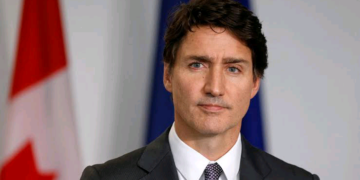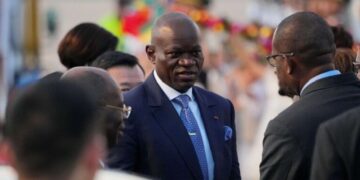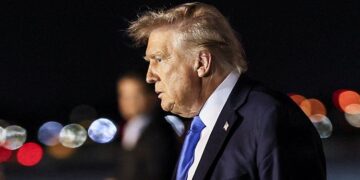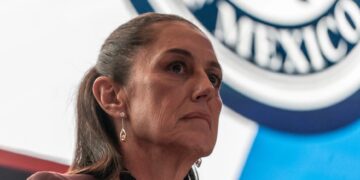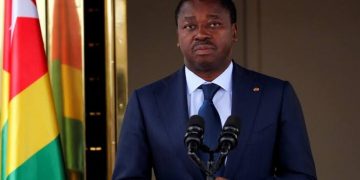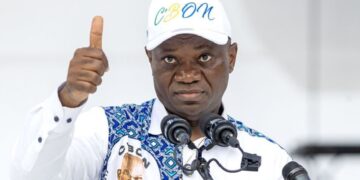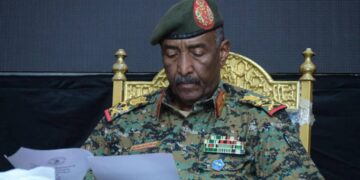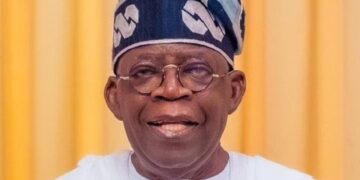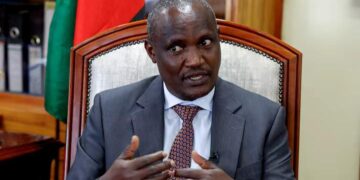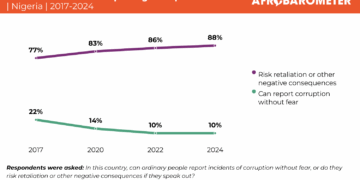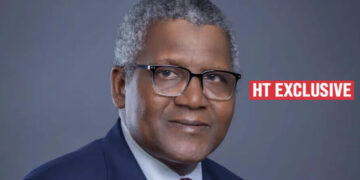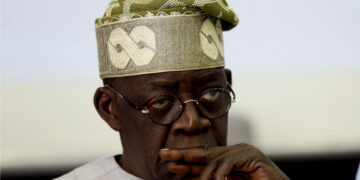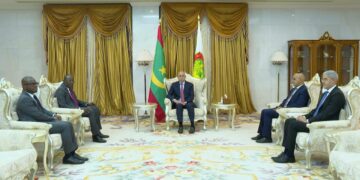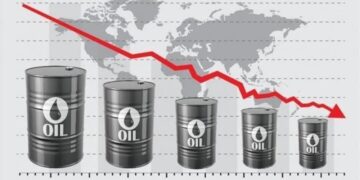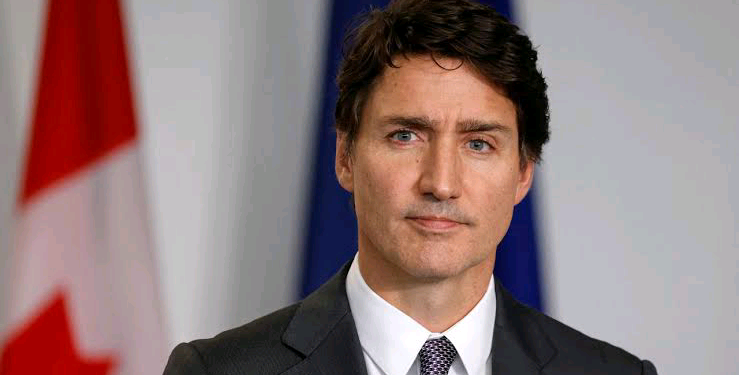By Emmanuel Nduka
In a dramatic turn of events, Canadian Prime Minister Justin Trudeau announced his resignation on Monday, confirming he would step down as leader of the Liberal Party and as Prime Minister once a successor is chosen.
The announcement marks the end of Trudeau’s nearly decade-long tenure at the helm of Canada’s government, a period defined by ambitious policies, global prominence, and increasing political challenges.
Trudeau’s decision comes after mounting pressure within his own party, as several prominent Liberal figures had urged him to vacate his post following a series of political missteps and public dissatisfaction.
The resignation, which follows a protracted political crisis, signals a significant shift in Canada’s leadership.
“I intend to resign as party leader, as prime minister,” Trudeau told a room of reporters in Ottawa. He expressed his confidence in the Liberal Party’s future, vowing to assist in a smooth leadership transition.
His departure will mark the end of a political era, as Trudeau has led the country since 2015, guiding Canada through significant domestic and international challenges.
Further developments are expected as the Liberal Party prepares to elect a new leader to take the reins of power.
